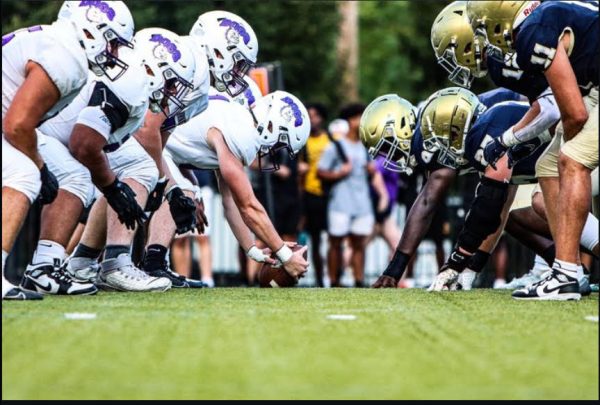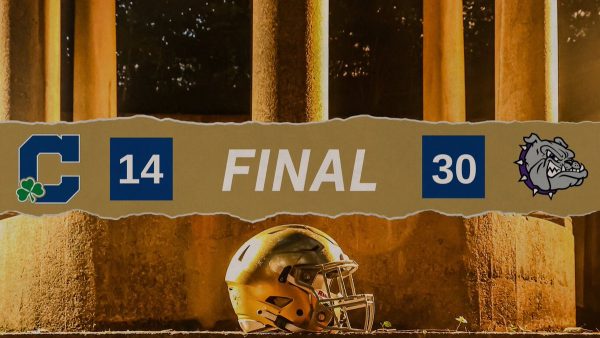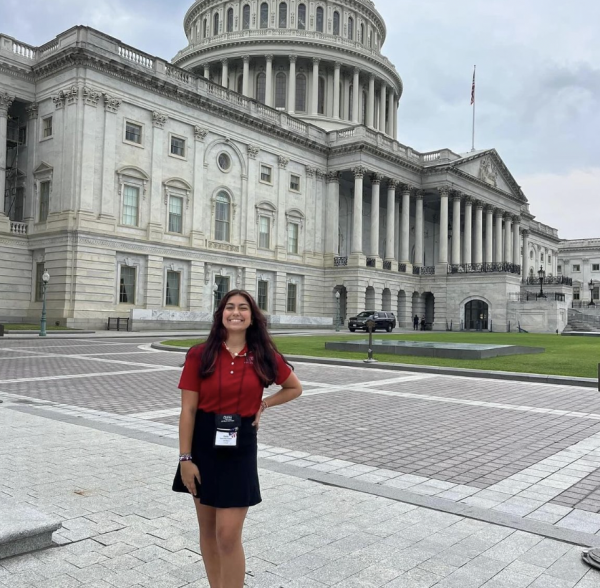AP Capstone program added to school’s curriculum
Blanchet and Kucsera will teach AP Seminar and AP Research
English teacher Dr. Stephanie Kucsera is one of two instructors who will teach AP Capstone courses next year.
With the discontinuation of the International Baccalaureate program, a new AP course will be offered next year to help highly motivated and academically oriented juniors have another option in their schedule.
About the new two year program, AP Capstone. Humanities Director Mrs. Lizabeth Bradshaw said, “With the demise of IB, now we’re putting all of our efforts into encouraging (AP Capstone), and there’s a lot of parallels between this program and the IB diploma.”
To complete the AP Capstone requirements, a student must take two year-long classes, AP Seminar and AP Research, as a junior and senior, respectively. The student would also have to take four other AP classes of their choosing and earn a 3 or higher on course’s AP test.
English teacher Dr. Stephanie Kucsera is slated to teach AP Seminar, and social studies teacher Craig Blanchet will instruct AP Research. Vice Principal for Academics Mr. Mark Matthews, wrote in an email, “Both Dr. Kucsera and Mr. Blanchet are seasoned AP teachers who also have IB experience. They both have earned doctorates and are poised academically and philosophically to teach these respective courses.”
AP Seminar, will be offered only to juniors who also are enrolled in AP Language and Composition. Kucsera said, “AP Seminar, basically, is a year-long course where students are tasked with tackling some real-world issue from multiple disciplinary perspectives. The course is designed to give students an opportunity to learn to synthesize information from lots of different source types to then be used in a handful of research based presentations — essays, oral delivery, visual presentations. Some of students will do individually and sometimes as part of a team.”
In contrast to the single end-of-year tests that AP exams, Kucsera said, “AP Seminar works such that you are encountering different scored assessments throughout the year. The way in which the assessments are set up is really more like the way in which IB was set up.”
Kucsera clarified where AP Capstone fell between AP and IB, saying, “(AP Capstone is a) combination of these two programs and in some ways it seems like AP is trying to replicate what IB was doing very well. It really is like IB in that AP Seminar and AP Research are really interested in current, real-world sort of issues.”
AP Research is the class that will accompany AP Seminar as a follow-up for seniors. Blanchet said, “The idea is to do intensive research and writing. Everything is about the components of what makes up good research and good writing. AP likes to use the language of five big ideas. At the start of the year you start off with inquiry and investigation and what’s the best way to go about opening your brain and finding what you want to look at.
“And then giving you some sort of skill set to be able to filter through and understand whatever comes out of your inquiry and investigation. And from there, not only just understanding it, but then making the transition so that you have a perspective on it so that you can build up to picking a side and actually developing an argument.”
Echoing Kucsera’s comments, Blanchet said, “One of the parts I like about AP Research is that it incorporates something that traditionally has been more of an IB concept in that once you get your inquiry and your research down, and you interpret it and you’re starting to take angles or sides on it. They really have an expectation that you are at least aware of multiple perspectives over the same thing that you’re researching and analyzing.”
Blanchet, who earned his degree from the McKinney School of Law at Indiana University, noted, “It feels a lot like what’s expected for thinking in law school, and a little bit the way legal briefs are written. In a legal brief, at the very least, you are expected to identify all the issues. You’re expected to identify the relevant rules or pieces of support behind those issues and then how is the analysis different for each of those issues and support.”
For AP Research, Blanchet said, “Students are assessed on the academic paper, and presentation, and oral defense of research This sounds akin to an abbreviated dissertation where you’re going to have your first publication. You’re probably going before a board of three to get your PhD or something like that. They’ve read your document ahead of time and now you’re sitting in front of them and defending it.”
Sophomore Joseph Mariani, who said he is interested in taking AP Seminar next year said, “Doing more with my time and also showing colleges that I can take hard classes” were important reasons why he wanted to take the class. He added, It’s pretty interesting that it’s research minded, and also with IB gone, I’ve got a slot open.”
Kucsera described the type of student who should consider taking AP Capstone. She said, “This is a highly motivated student, this is a hard worker, someone who is not going to back away from the sheer amount of research and writing that the class entails. Students cannot come into AP Seminar and AP Research without understanding that it is a high intensive class. AP designs it that way. This needs to be a curious, investigative student.”
She added, “This should also be a diligent, organized sort of student. AP Seminar and AP Research have a strict no late work policy — and that comes from the College Board.”
Kucsera and Blanchet will virtually attend an AP workshop from June 28 to July 2. AP Seminar and AP Research hope to replace and even enhance the holistic qualities of the former IB program. As Matthews said, “As we pivot more fully to an AP school, it fills a much needed void in our curriculum.”
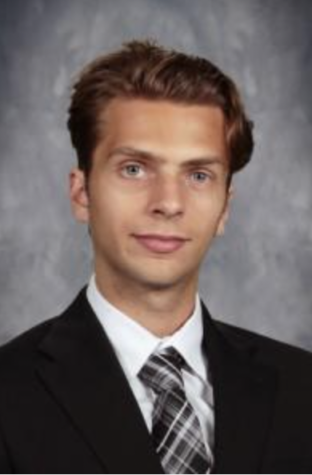
Liam Eifert is a Senior and the Megaphone co-editor-in-chief. He runs cross-country and track for Cathedral. In his free time, he likes to read, study...
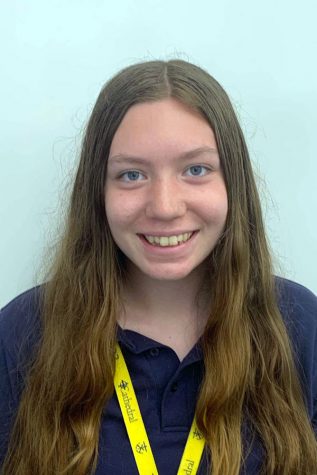
Ashlynn Bakemeyer is a senior and the co-editor-in-chief of the Megaphone. At Cathedral she is involved in the Best Buddies Club. Outside of school she...



